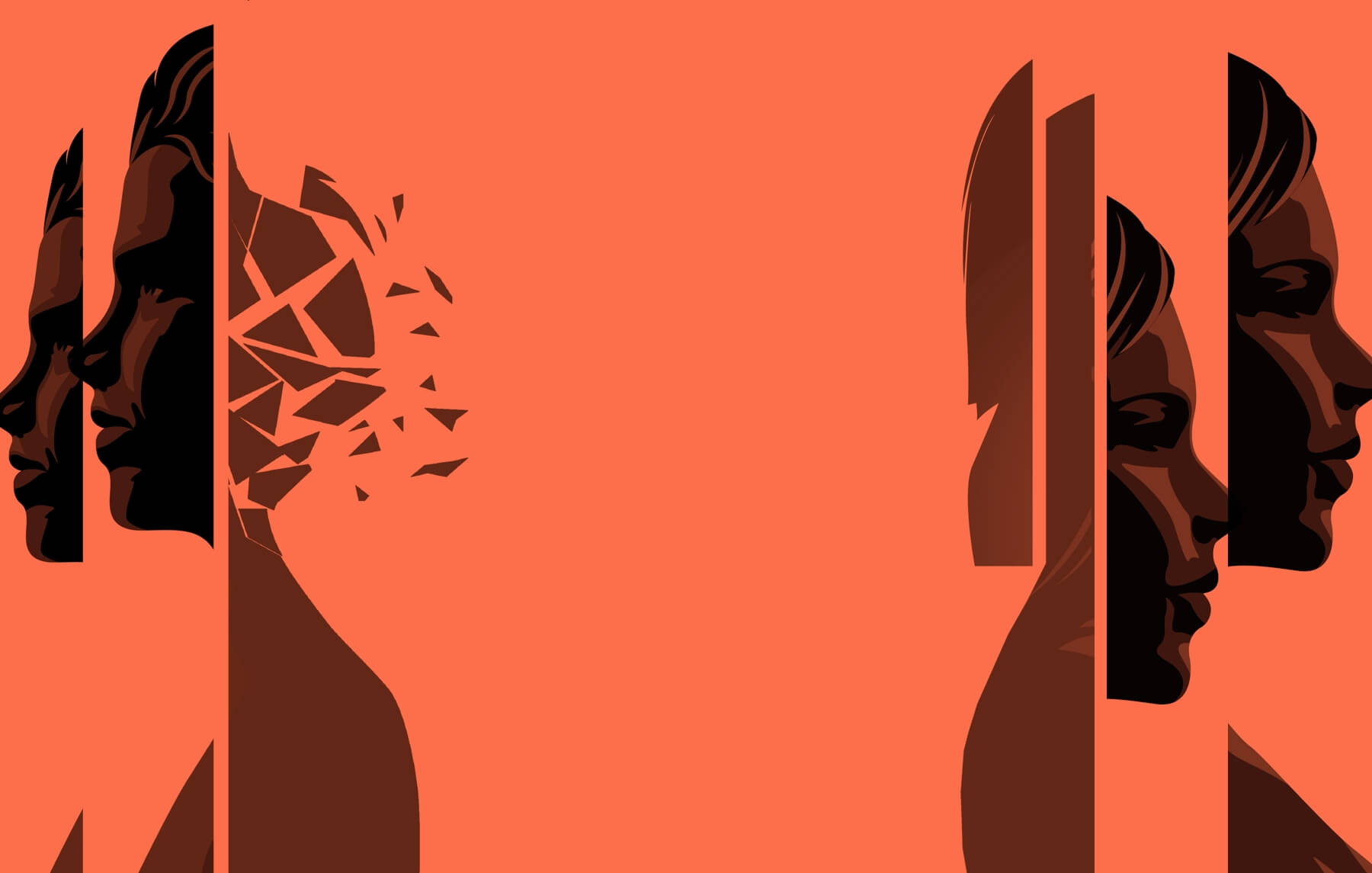The Inside Man
Tackling loneliness, difficult memories and trust issues


The
Inside
Man
Tackling loneliness, difficult memories and trust issues

I read about a great conversation with John Lennon in the New York Times last week about the five years he spent in near-isolation in the late 1970s at his home in Manhattan: raising his son, playing the piano and rediscovering himself after two decades of stratospheric fame with the Beatles. “My turning away from [the world] is how I began to heal again,” Lennon said.
Many of us have had a similar experience in 2020: stripped from routines and certainties, forced indoors and thrust into the unknown, we've spent the last nine months reflecting on what got us here. Which usually leads to some pretty big questions! Some of those questions are featured below. As always, thank you for your continued inquiries. They are a source of inspiration for me, and I love answering them.
Q
I've realized after this year I need to get into inner child work. But it's hard, because most of the memories that subvert my Lost Boy are repressed. How do I open my mind to remembering and addressing these things?
- Renato
Hi Renato,
The human body is pretty genius: If an emotion is too painful for us to handle as a kid, we'll start closing off the areas where that pain lives—it's like when a battleship takes on water, and the crew seals a compartment off to try to contain the leak. But we all know what happens when enough compartments get filled up—we go full-on Wreck of the Edmund Fitzgerald. Most guys, by the time they're in their mid-30s have so many emotional compartments sealed off, they're sinking fast. And the answer is, of course, to get down there with a bucket and start bailing.
Where guys get tripped up though is by thinking we do this emotional bailing work with the mind. In fact, it's the body we need to access, because that's where the feelings are stored. Practices like meditation and breath-work can help us access the body, so can regular exercise, massage or acupuncture. I had a really intense bodywork session a few weeks ago where old memories and sensations were coming up on the table.
Anytime I work with a client, and a strong emotion is present, we go right into the body: I have them breathe deeply, center their awareness in their chest (a place where a lot of men store grief and sadness) and let them follow the feeling that's arising back as far as it goes in their life. Feelings are like threads, so whatever is arising for us now can usually be traced all the way back to childhood, and by giving those stuck feelings a voice, we can begin to dissolve them and release the trapped emotion.
Q
After a 24 year marriage that shocked me when it collapsed, and a subsequent six year relationship where I put all the emotional energy that I learned I should have been giving throughout my marriage, but to no avail, I'm single again and trying to understand what it means to be ready for a relationship. I'm lonely but understand that I shouldn't be looking for a relationship to be happy. Then again, how can I be happy if I'm lonely?
- John
Hi John,
This is a huge one, I relate deeply, and I think it will help a lot of guys. Thanks for writing in.
It was a wise move on your part to course correct after your marriage ended and invest more emotional energy in your last relationship. A lot of us do this in relationships, we expect that the opposite of whatever didn't work last time will be the answer. But, as Pia Mellody, author of Facing Codependence writes: “the opposite of dysfunctional behavior is more dysfunctional behavior.” What we need to find is balance.
It sounds like the dissolving of your marriage was devastating for you, and often when we have something traumatic happen to us, we walk away with a lot of judgments about ourselves as a result. And, 9.9 times out of 10, they usually boil down to: I fucked up. I'm not lovable. Limiting beliefs like this get buried in our unconscious, and they have a way of self fulfilling. Put another way: If I believe I'm a failure because a relationship ended, then I'm probably going to find a way to continue “failing” in relationships. Because to “succeed” in a relationship would go against the core story I'm carrying, it would fry my circuit breakers. That's how powerful the unconscious is.
The key here is changing the story. And it begins with self-forgiveness. As long as you believe you “failed”, you'll likely fail again. But when we really dive into it, the idea that we failed in a relationship is absurd. Think of all you've learned and all the awareness you have as a result of those two relationships. Whenever you find yourself in another partnership, it's undoubtedly going to be informed by all you've learned, so I'd encourage you to forgive yourself for buying into the misbelief that you failed. And the more you forgive yourself the more fun it will be to spend time by yourself. Many of us feel lonely, because we don't like our own company very much. And the pandemic has only hammered that home. So be gentle. Like Stephen Stills wrote: “If you can't be with the one you love, honey, love the one you're with.” And that's you.
Q
I want to marry my girlfriend but she says she doesn't trust me (or men in general). Notions like this give me pause on proposing. She points back to a moment when I made a choice to work when I said I wouldn't. That was almost two years ago. As it occurred to her, I chose to do something and made “it” more important than “us” or “her.” Since then, there's been this erosion of trust. How do we build it back?
- Rob
Hi Rob,
Juicy one here. Thanks for bringing it forward. As we all know, trust is integral to a relationship. And if your girlfriend openly says she doesn't trust you, that must feel really challenging.
When I was in grad school with Ron and Mary Hulnick at the University of Santa Monica they taught me one of the most important things I've ever learned: We only get upset by an external event if it triggers something unresolved for us internally. This is so huge I can't undersell it, and it's why relationships are our greatest tests of evolution. If you're triggered by your girlfriend's lack of trust in you, it likely means you may hold some judgments against yourself for being untrustworthy. Think back in your past if you've ever gotten that message before: that men can't be trusted, or counted on. Start with the Man in the Mirror: Are there any areas where I don't trust myself? Are there areas where I'm holding back from being completely truthful? As men we often internalize even the subtlest distrust our mothers had with our fathers. When your girlfriend says she doesn't trust you, what's the feeling that arises ... is it anger? Sadness? Shame? The more you can work with the part of yourself that gets upset, the more you'll see the reaction to her behavior change.
Beyond that, I'd just be as transparent in the relationship as possible going forward, and this includes your emotions. It could be as simple as saying: “Hey, I've been wanting to propose/get married, but I don't feel comfortable going forward until we're able to resolve this issue around trust between us. Would you be open to working on that with me?” Best of luck to you!
Question?
You’ve now got a life coach at your disposal. Hit Sean up with any concern you’re currently struggling with: Trouble at work? Relationship worries, family struggles or general mental health concern? Let him help you tackle it each month in this column.

























